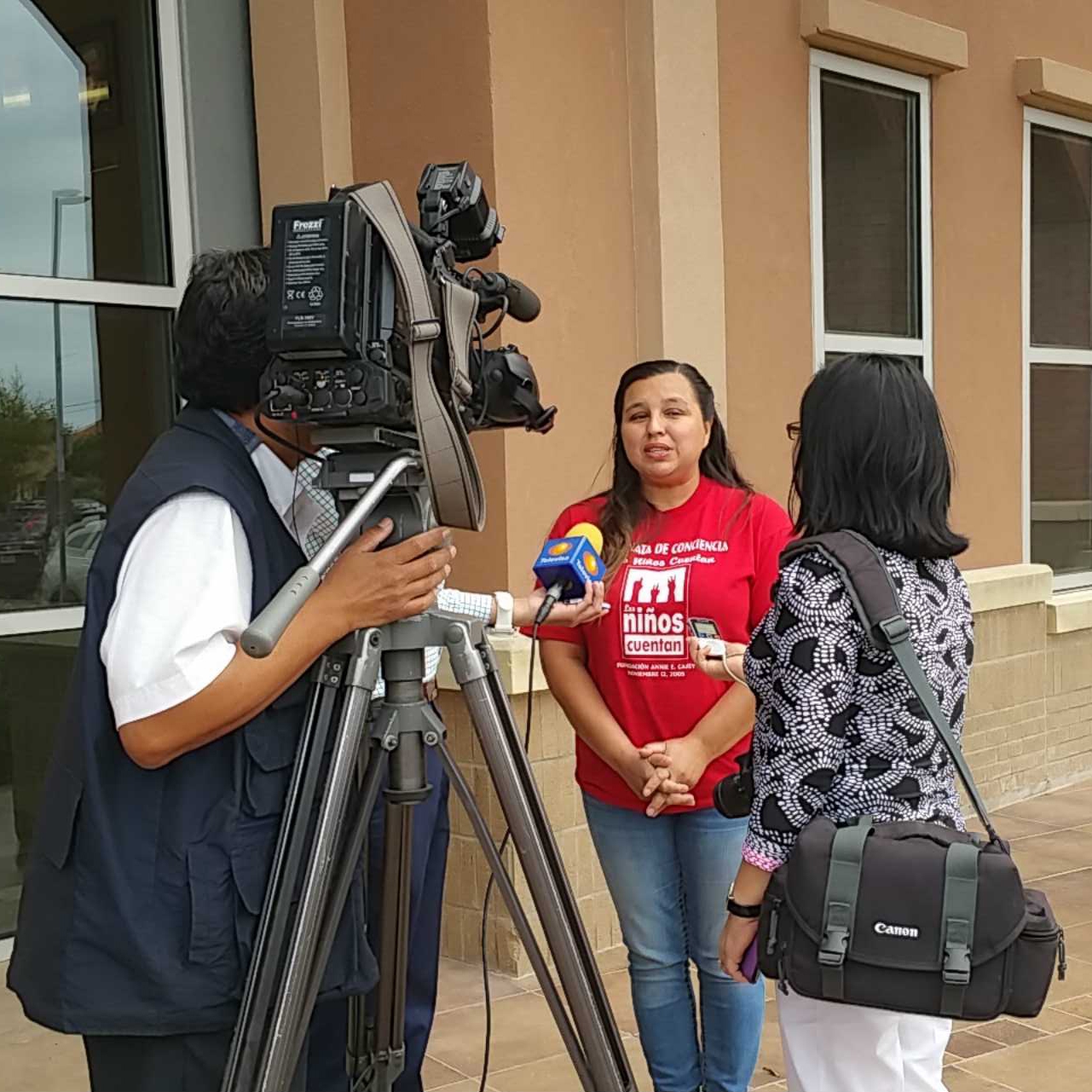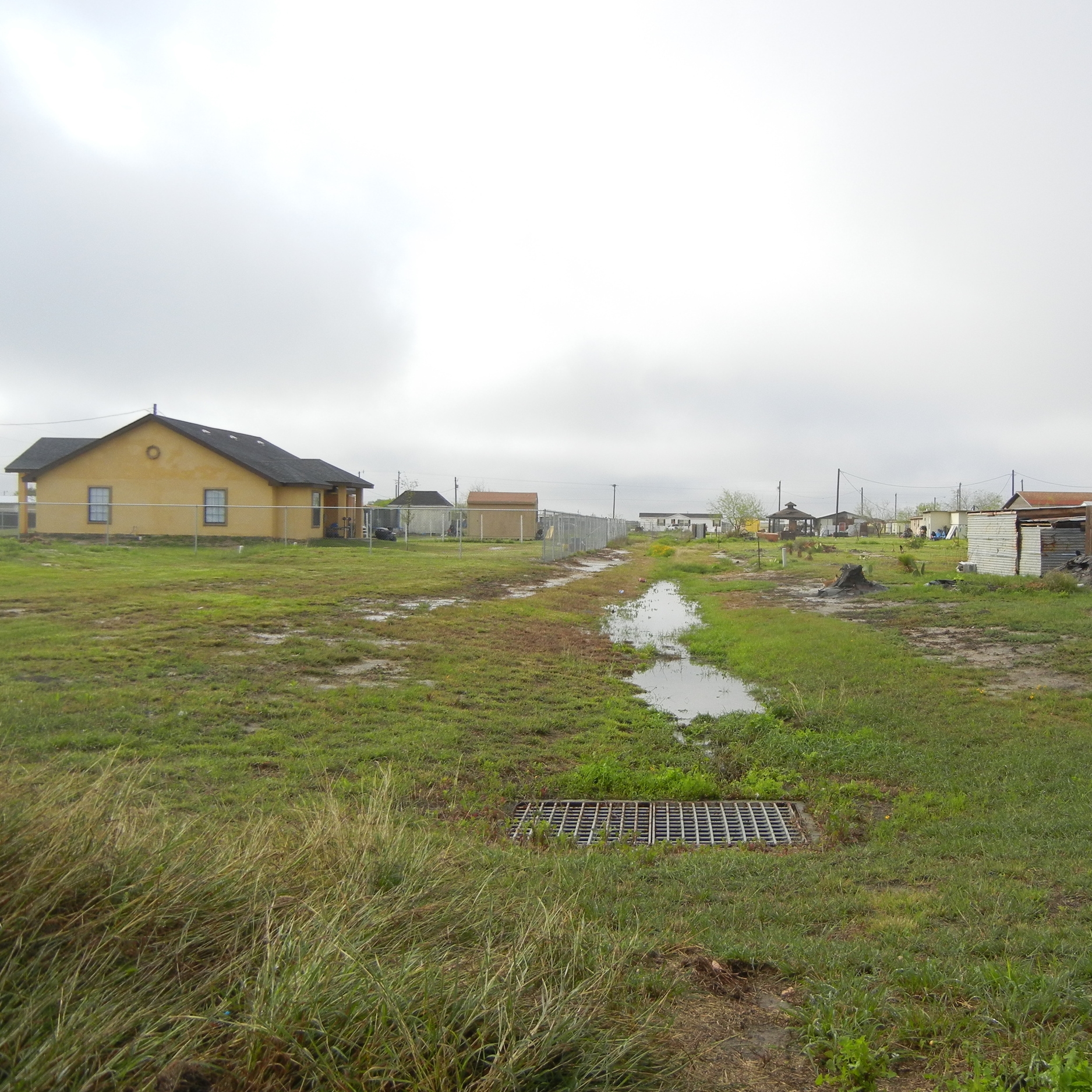During its first phase, LUCHA worked directly with 15 colonia representatives, each of whom represent a larger organizing effort in Hidalgo and Cameron county. The goal of LUCHA 1.0 was trifold. To develop representantes’ understanding and expertise in the areas of land use, public infrastructure, development, and water issues. To engage representantes to further focus their top priorities, and begin to make selections of preferences on possible solutions. And to craft policy and legislative initiatives in preparation for the 2015 Texas legislative session.
Some examples of the Colonia and Housing issues that LUCHA leaders addressed were: housing affordability, adequate infrastructure, jobs, public safety, and land use. The initiative has the capacity, through legislative action, to impact the 1.2 million people living in the three county area, Hidalgo, Cameron and Willacy. The demographic targets of the project are low-income residents of rural and urban subdivisions that lack complete, well-functioning municipal services.
Partners
Community Development Corporation of Brownsville
The Community Development Corporation of Brownsville (CDCB) is a non‐profit community housing development organization, who has been providing safe, sanitary, affordable housing to the citizens of the Lower Rio Grande Valley, Texas for the past 38 years. CDCB participated in LUCHA workgroups, the engagement and management committees and was responsible of overseeing all housing and development initiatives.
Texas Low Income Housing Services
Texas Low Income Housing Information Services (TxLIHIS) is a nonprofit corporation established in Austin in 1988 to support low-income Texan's efforts to achieve the American dream of a decent, affordable home in a quality neighborhood. TxLIHIS lead and coordinated the Representantes trainings, planned with [bc] the LUCHA workgroups and was responsible of overseeing policy development initiatives. TxLIHIS assisted the Representantes with their political strategy as well.
La Unión del Pueblo Entero
César Chávez established La Union del Pueblo Entero (LUPE), a non-profit organization, which is rooted in the belief that members of the low-income community have both the responsibility and the obligation to organize themselves, and through their association, to advocate for solutions to the issues that impact their lives. LUPE was responsible of identifying, recruiting and supporting Colonia representantes and of developing the political and engagement strategy for LUCHA. Working with TxLIHIS, LUPE lead and coordinated the representante trainings, and engagement and management committee meetings and assisted with the workgroups.
A Resource In Serving Equality
A Resource In Serving Equality Arise (ARISE) was founded in 1987 by Sister Gerrie Naughton, of the Sisters of Mercy order as a grassroots organization of women for women; building on strengths and respecting the dignity of each individual. In coordination with LUPE and other community organizations (START and TOP), ARISE was responsible of identifying, recruiting and supporting Colonia representantes, supporting colonia-wide events, the political strategy and leadership trainings, workgroups and workshops.
![[bc]](http://images.squarespace-cdn.com/content/v1/5248ebd5e4b0240948a6ceff/1412268209242-TTW0GOFNZPDW9PV7QFXD/bcW_square+big.jpg?format=1000w)
















